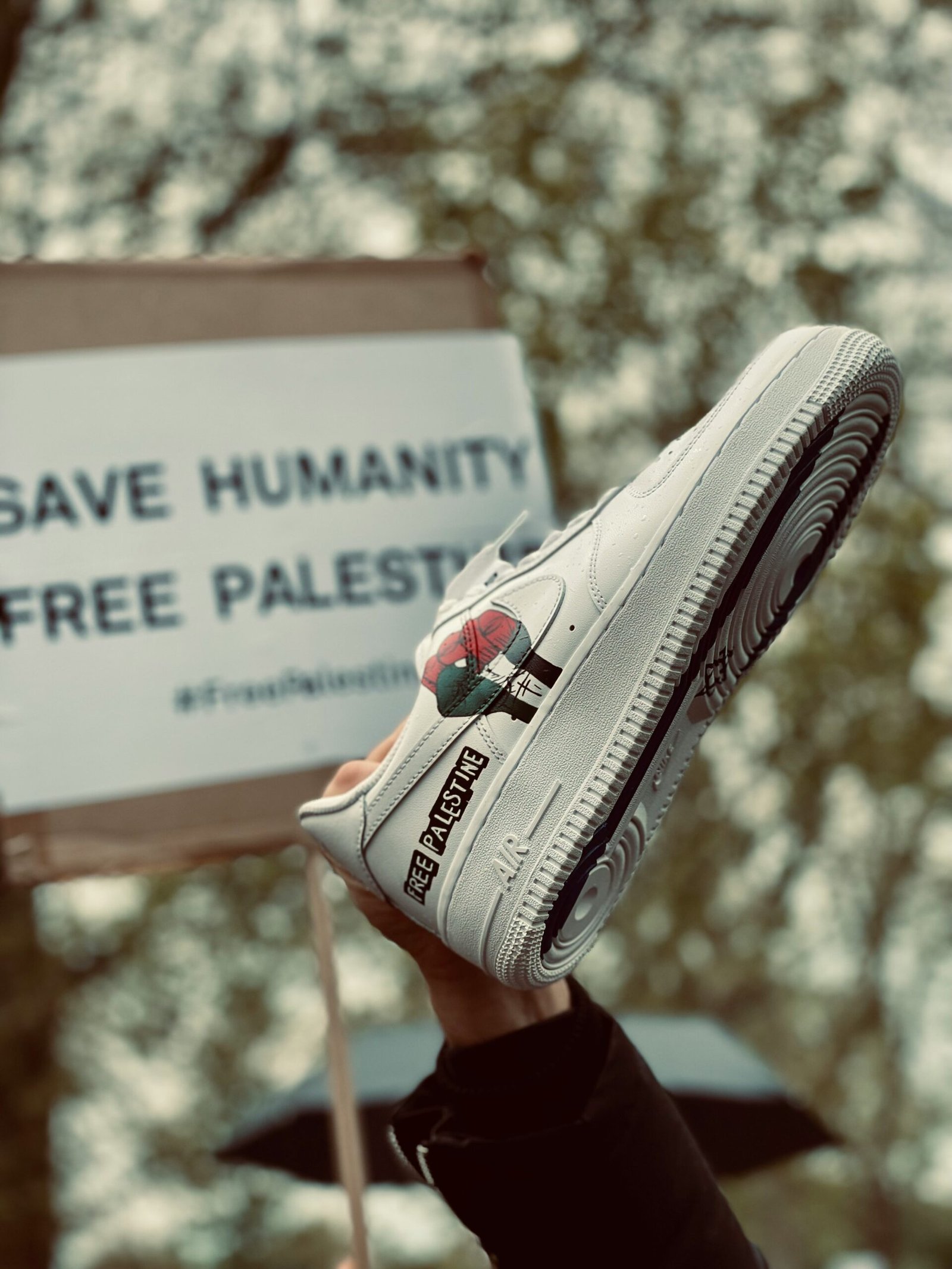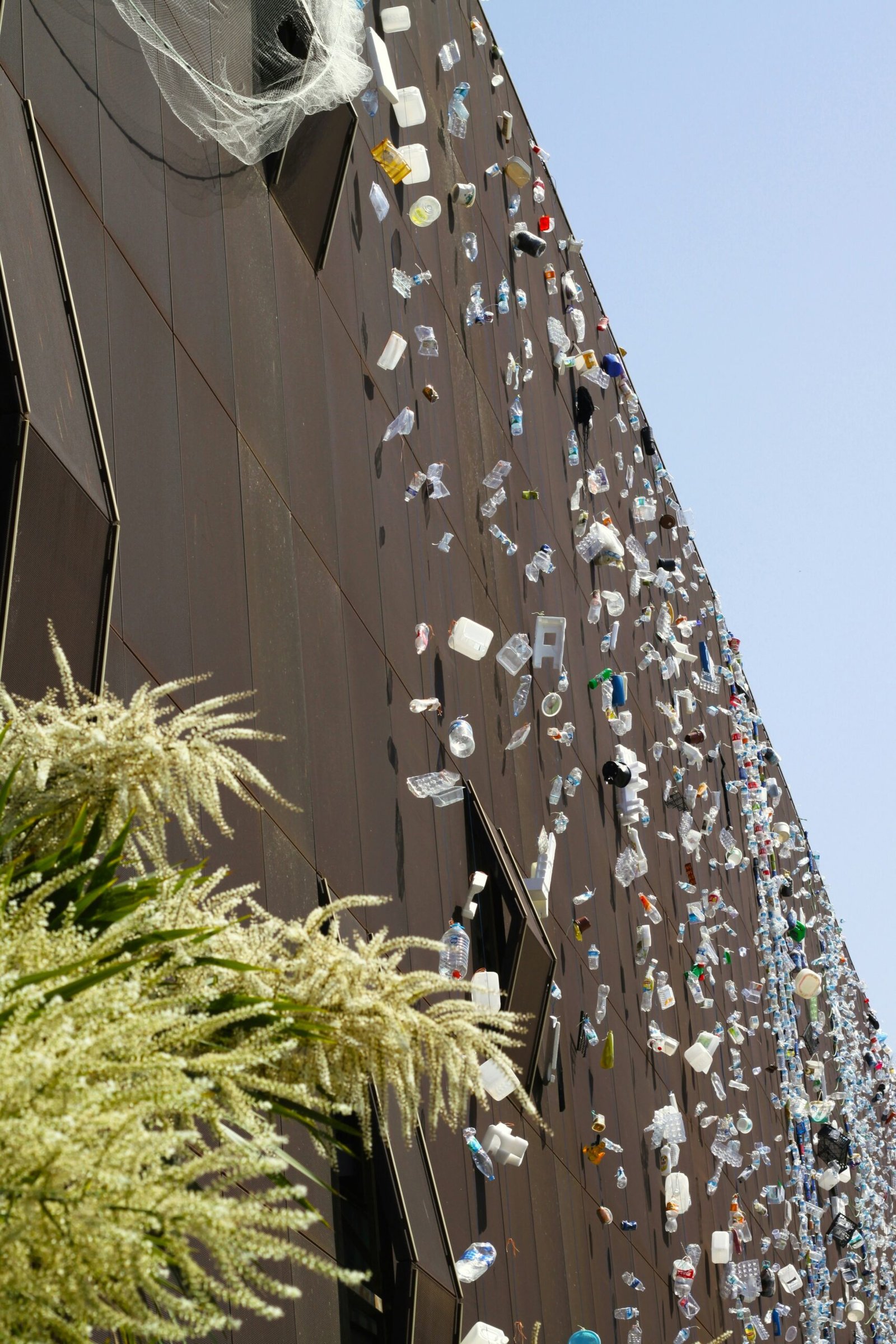Introduction to Ana’s Journey
Ana is a dedicated conflict mediator from Colombia, known for her commitment to fostering understanding and resolution among individuals facing disputes. With a career spanning over a decade, she has worked tirelessly to bridge divides, helping communities reconcile their differences and move towards peaceful coexistence. Despite her professional achievements, Ana’s personal life tells a different story. Her past is marked by a series of traumatic experiences that have left deep emotional scars, shaping her worldview and her approach to conflict resolution.
The emotional toll of these past traumas often manifests in Ana’s professional interactions. While she excels at guiding others through their disputes, her internal struggles with feelings of resentment and anger can encumber her effectiveness. The unresolved emotions from her history frequently intrude upon her commitment to impartiality, creating a complex interplay between her personal struggles and her professional responsibilities. The burden of these unresolved feelings not only affects Ana’s work but also seeps into her relationships, causing turmoil and distancing her from loved ones.
As Ana navigates her role as a mediator, the conflict between her desire to help others and her struggle with her own feelings of resentment becomes increasingly pronounced. This duality poses a significant challenge, as the weight of her emotional history sometimes hampers her ability to facilitate healing among others effectively. Therefore, Ana’s journey is not merely about mediating conflicts on behalf of others; it is also about her quest for personal healing and the transformative power that forgiveness can hold. Her story highlights the essential need for personal reconciliation as a precursor to effectively address and resolve conflicts surrounding her.
Understanding Conflict Mediation
Conflict mediation is a structured process aimed at resolving disputes through the assistance of an impartial third party, known as a mediator. This practice is crucial in facilitating communication between conflicting parties and fosters an environment conducive to understanding and compromise. Mediators play a vital role in addressing not only the overt issues at hand but also the underlying emotions that often fuel the conflict. In this regard, mediators like Ana are trained to navigate complex emotional landscapes, utilizing their skills to promote dialogue and help participants reach satisfactory resolutions.
One of the primary skills required for effective conflict mediation is active listening. This involves not only hearing the words spoken but also understanding the emotions and intentions behind them. By validating each party’s feelings and fostering an atmosphere of respect, mediators can encourage openness and honesty. Another essential skill is the ability to maintain neutrality; mediators must ensure that both sides feel heard and valued without showing favoritism. Additionally, effective problem-solving techniques are necessary to assist parties in identifying potential compromises and solutions that may not have been initially considered.
However, mediators often face challenges, particularly when they carry unresolved emotions from their personal lives. Such emotional baggage can seep into the mediation process, potentially clouding judgment or skewing perceptions. To mitigate this, it is imperative that mediators engage in self-reflection and seek supervision or peer support. Continued professional development also plays a key role in enhancing a mediator’s ability to manage their feelings while facilitating others’ emotional journeys. Ultimately, successful conflict mediation requires a blend of skill, emotional intelligence, and a commitment to helping others navigate their differences towards healing and resolution.
The Weight of Resentment
Resentment is an emotional burden that can weigh heavily on an individual, often stemming from past traumas and unresolved conflicts. In the case of Ana, her journey highlights how a history filled with painful experiences contributed to a deep-seated sense of bitterness. This emotional strain not only affects her mental well-being but also hinders her personal and professional growth.
Throughout her life, Ana faced numerous challenges that left lasting scars. Each episode of mistreatment or betrayal added to a growing reservoir of resentment, creating a mental landscape where negative emotions flourished. This accumulation of grievances manifested in various forms, including anxiety, depression, and difficulty trusting others. The psychological impact of holding onto such feelings is profound; it leads to a cycle of self-sabotage that restricts opportunities for joy and success. Ana found herself feeling trapped, unable to move forward as the weight of her past overshadowed her present.
The consequences of unresolved resentment can permeate all aspects of life. Ana’s relationships suffered, as her inability to forgive became a barrier to interpersonal connections. At work, the ghosts of her past loomed large, preventing her from collaborating effectively with colleagues or pursuing new ventures. The emotional turmoil not only diminished her self-esteem but also clouded her judgment, perpetuating a negative feedback loop that became increasingly difficult to escape.
Understanding the psychological toll of resentment is crucial for anyone experiencing similar burdens. For individuals like Ana, recognizing the need for healing becomes a pivotal step toward reclaiming personal freedom. It is essential to address these past traumas to break the cycle of negativity, paving the way for a brighter, more fulfilling future.
Meeting Jamal: A Catalyst for Change
In a bustling café in the heart of the city, Ana met Jamal, a peace activist hailing from Tunisia. Their first encounter was not merely a coincidence; it was a serendipitous moment that would serve as a catalyst for profound change in Ana’s life. Jamal, with his warm demeanor and rich tapestry of experiences, quickly engaged Ana in conversation. Despite their distinct backgrounds—Ana, a product of a tumultuous upbringing marked by conflict, and Jamal, who had devoted his life to promoting peace in the face of adversity—they discovered a shared commitment to reconciliation and understanding.
As they discussed their respective journeys, Ana found herself captivated by Jamal’s narrative of endurance and hope. He recounted his experiences during the Arab Spring, detailing how he transformed personal loss into a powerful drive for social change. Jamal’s ability to find light in dark situations illuminated Ana’s own challenges and unresolved issues. Listening to him articulate his journey of forgiveness served as a mirror, reflecting the emotional burdens Ana had long carried but had yet to confront.
This meeting marked the beginning of a unique bond, where their differences became a rich source of learning rather than division. Jamal’s perspective on forgiveness was both refreshing and challenging; he illustrated how letting go of resentment paved the way for personal growth and collective healing. As they exchanged stories, Ana felt the weight of her past begin to lighten, enabling a gradual shift in her mindset. Jamal’s unwavering commitment to peace offered a blueprint for Ana, highlighting the transformative power of forgiveness not only for oneself but also for the broader community.
Thus, their encounter was not merely a meeting of two individuals but a convergence of paths that would foster healing, understanding, and ultimately, transformation.
Jamal’s Journey of Forgiveness
Jamal’s path toward forgiveness is a profound testament to the resilience of the human spirit amid the struggles of trauma. Growing up in a challenging environment, he faced numerous adversities that left deep emotional scars. The weight of past grievances loomed heavily over him; feelings of anger and resentment often clouded his thoughts. However, as he navigated through life, Jamal began to realize that holding onto these negative emotions not only affected his mental health but also hindered his personal growth.
Initially, the idea of forgiveness felt foreign and unrealistic to Jamal. He grappled with the belief that forgiving those who had wronged him meant condoning their actions. The inner conflict created a barrier to his healing. Yet, through the support of close friends and mentors, he started to understand that forgiveness is not about exonerating others but rather liberating oneself from the chains of the past. This pivotal realization marked the beginning of his transformative journey.
One particularly significant moment catalyzed his embrace of forgiveness. Attending a healing workshop, Jamal was encouraged to confront his feelings head-on. The experience was intense but necessary; it prompted him to discuss his hurt and process the emotions associated with it. Surrounded by individuals with similar struggles, he recognized that he was not alone in his journey. This newfound camaraderie provided him with not just support but actionable steps toward forgiveness.
With time and dedication, Jamal began to practice the art of forgiveness daily, gradually releasing the burdens he had carried for so long. As he liberated himself from these feelings, he experienced a remarkable transformation in his overall well-being. Forgiveness became a powerful tool, enabling Jamal to move forward, fostering healthier relationships, and enhancing his emotional resilience. His story serves as an inspiring reminder of the profound impact that forgiveness can have on personal growth and healing.
Conversations on Forgiveness
In the process of their journey towards healing, Ana and Jamal engage in deep discussions about the nature of forgiveness and its significance in their lives. Jamal, having experienced the complexities of forgiveness himself, shares insights that stem from both personal experience and scholarly understanding. He articulates that forgiveness is not merely about excusing wrongs but rather about freeing oneself from the burden of anger and resentment.
As they converse, Jamal emphasizes the pivotal role of empathy in the process of forgiving. He explains that understanding the motivations behind someone’s actions can serve as a bridge toward forgiveness. Ana, on the other hand, finds herself grappling with her own feelings of betrayal and hurt. Through these dialogues, she begins to appreciate the importance of seeing the situation from the other person’s perspective, fostering a sense of compassion that she had struggled to feel.
The conversations also touch on the idea that forgiveness is a gradual process and not a single act. Jamal reassures Ana that it is perfectly normal to take time to process emotions and that experiencing sadness or anger does not undermine the journey toward forgiveness. This perspective encourages Ana to reflect on her past experiences without judgment, allowing her to embrace her feelings as part of her healing journey.
As they share stories of pain and resilience, Ana starts to realize that holding onto grudges has only served to weigh her down. Jamal’s insights encourage her to consider how forgiveness could serve as a pathway to greater emotional freedom. Through continual dialogue, Ana begins to internalize the principles shared by Jamal, and her understanding of forgiveness evolves from a distant notion into a potential reality, filled with hope for personal transformation.
Ana’s Transformation
Ana’s journey towards forgiveness was neither swift nor uncomplicated. It began with subtle shifts in her perspective, which occurred gradually as she navigated her interactions with Jamal. Initially burdened by resentment, Ana was unaware of how deeply this negativity was affecting her life. However, as they spent time together, she experienced moments of clarity that slowly began to dissolve her anger.
One pivotal moment occurred during a shared experience when they volunteered together at a local shelter. While helping those in need, Ana was struck by the realization that clinging to her past grievances prevented her from embracing the full spectrum of life. The act of giving shifted her focus from herself to the lives of others, creating a profound emotional impact. This experience forced her to reflect on her priorities, paving the way for a more compassionate worldview.
Another significant turning point came during a candid conversation with Jamal, where he openly expressed his own vulnerabilities. Listening to his story allowed Ana to empathize with his struggles and recognize the shared human experiences of pain and regret. This dialogue served as a catalyst for her emotional healing, as she acknowledged that forgiveness is not solely for the benefit of the transgressor but also for her personal liberation. It empowered her to redefine her feelings and move towards a future unencumbered by bitterness.
Moreover, Ana’s newfound ability to forgive enhanced her conflict mediation skills. The emotional freedom she gained from letting go of resentment guided her approach to challenges. Rather than reacting defensively, she began to foster open dialogues aimed at understanding rather than blame. This transformation not only elevated her personal relationships but also had a ripple effect on her community, exemplifying the profound impact of forgiveness in her life.
Implications of Forgiveness in Conflict Resolution
Forgiveness serves as a critical component in conflict resolution, transcending individual disputes to foster communal harmony. Ana’s personal journey exemplifies how embracing forgiveness can reshape relationships within a community troubled by discord. As she navigates her path toward forgiveness, not only does she heal her emotional wounds, but she also fosters a renewed sense of empathy and understanding toward others in her community. This transformation empowers her to become an effective mediator, allowing her to facilitate dialogues that address underlying tensions and foster mutual respect among conflicting parties.
Through Ana’s story, it becomes apparent that forgiveness extends beyond personal healing; it has significant implications for collective peace-building efforts. When individuals within a community practice forgiveness, they dismantle cycles of resentment and retaliation that often perpetuate conflict. Ana’s newfound skills as a mediator enable her to address disputes with a perspective rooted in compassion and reconciliation. By promoting open communication and encouraging parties to reflect on their shared humanity, Ana contributes to the development of a more supportive community atmosphere.
Furthermore, as communities embrace forgiveness, they cultivate a culture that values conflict resolution as a collaborative process. This shift can lead to sustainable relationships, where individuals are more likely to engage constructively during disagreements instead of resorting to hostility. The implications of forgiveness are profound: it not only transforms personal dynamics but also strengthens the social fabric, thereby reducing the likelihood of future conflicts. Ultimately, through the lens of Ana’s experience, we can see how the act of forgiving is not merely a personal choice but a powerful catalyst for communal healing and growth.
Conclusion: A Path Forward
Forgiveness emerges as a profound catalyst for personal and communal transformation, illustrated poignantly through the experiences of Ana and Jamal. Their journey underscores the complexities of human relationships where grievances often fester, breeding resentment and hindering emotional wellbeing. Each step along their path illustrates not only the burden of holding onto anger but also the profound relief that can follow acts of forgiveness.
The significance of forgiveness is multi-faceted, offering a framework for healing that extends beyond individual experiences. By addressing interpersonal conflicts with empathy and understanding, we create an environment where mutual respect can flourish. As Ana and Jamal learned, letting go of past grievances is not merely about forgetting; it is about acknowledging the pain and choosing to move forward without its weight. This reclaiming of emotional freedom fosters healthier relationships and stronger communities.
Reflecting on one’s experiences with resentment can often lead to clarity and self-discovery. The act of forgiving provides a pathway to release emotional burdens and, in turn, opens avenues for joy and personal growth. The ability to forgive should not be underestimated; it serves as a powerful agent of change that can alter the landscape of our emotional lives. Individuals grappling with past conflicts are encouraged to consider forgiveness as a viable option, one that holds the promise of healing and renewal.
As we internalize the lessons from Ana and Jamal’s journey, let us strive to practice forgiveness actively. Doing so not only benefits our own emotional health but also contributes to a culture of understanding and compassion. Embracing forgiveness is indeed a transformative journey, one that harbors the potential for profound change in both our personal lives and communal interactions. In conclusion, promoting a practice of forgiveness enriches our lives and strengthens the bonds that connect us all.



